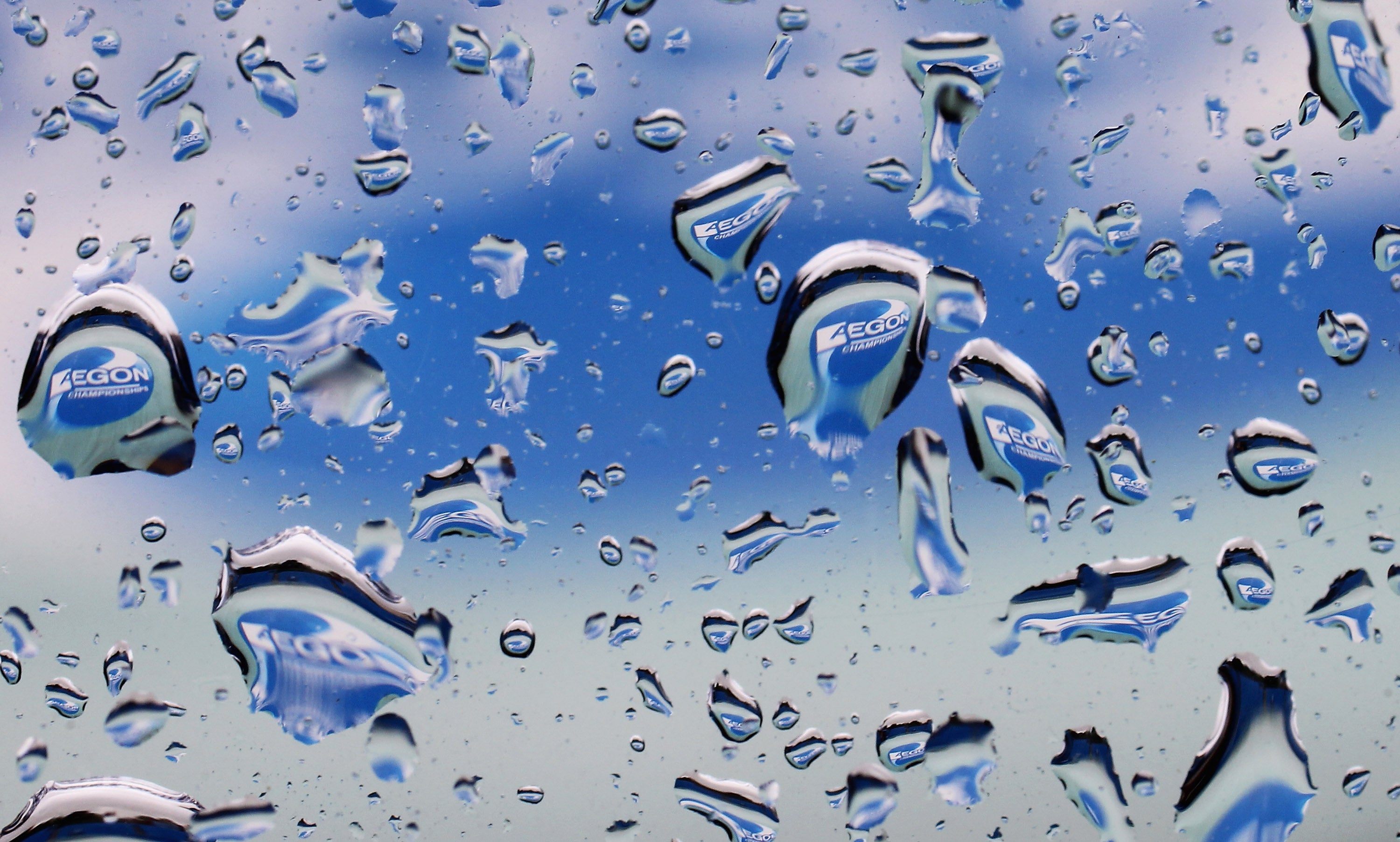The Emperor’s New Clothes
By popular acclaim this is the worst summer's weather ever. David Randall debunks that myth

Drip, drip, drip, drip. Is it the sound of rain falling from drenched trees? The steady rhythm of overspill from blocked guttering? Or precipitation's drum-roll on the canvas of our tents?
No, it's the incessant noise of the weather whingers as their sense of climatic entitlement is foiled by an entirely typical British season. "This," they pout (and the tone of voice implies a hand on hip and the stamp of a tantrumy foot), "is the WORST summer ever!"
No it's not. It's not even close. It's not 1816, truly the "year without a summer", in which the ash and sulphur dioxide from the eruption of Tambora in the East Indies so dimmed the sun and toyed with weather systems that there were worldwide crop failures and food riots in England and Wales. It's not 1931, cloudy and wet from May to the end of September (highlights: a tornado in Birmingham, and Boston, Lincolnshire, getting a quarter of its annual rainfall in one morning). It's not as dull as 1954, short-changed from an average summer's sunshine to the tune of 130 hours, with poor old Plymouth having only one day warmer than 21C. Nor is it as stormy as 1956 (gales in July, snowploughs shifting hailstone drifts four feet deep in Tunbridge Wells). I could go on.
But I won't. What I will do is point out there are silver linings. The volcanic debris scattered around the upper atmosphere from 1816 onwards gave Turner fluorescent sunsets to capture in oils. And poorer summers are invariably followed within a year or two by exceptionally good ones – a sort of climatic clearing of the throat, if you like. This, regrettably not guaranteed or forecastable effect, meant that, after the lowering summers cited above, there were golden ones in 1819, 1933, 1955 and 1959.
So stop whining, and enjoy these months for what they are: a summer in which, as we head past the solstice, fields and hills are as green as you're ever likely to see them; a country in which the dessicated landscapes threatened by the pitiless heats of March have been saved by the soothing waters from summer skies. Above all, as the captain of the Titanic was reputed to have said when confronted with a rather more serious inundation: "Be British!"
Join our commenting forum
Join thought-provoking conversations, follow other Independent readers and see their replies
Comments
Bookmark popover
Removed from bookmarks